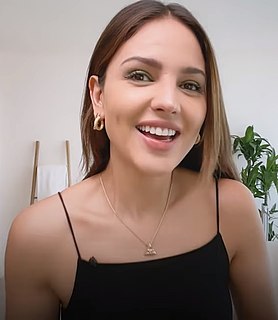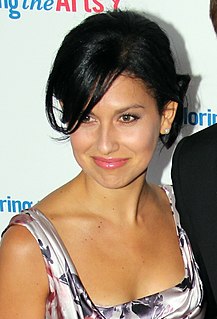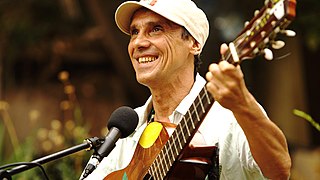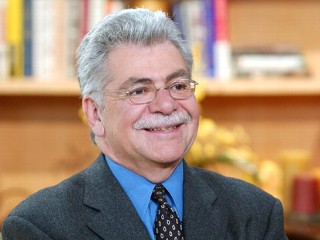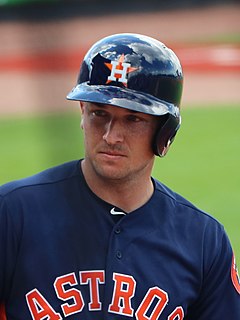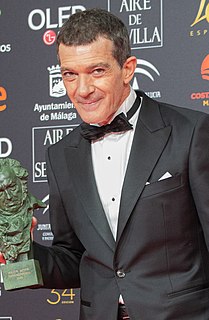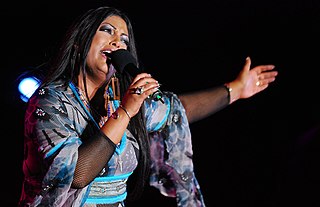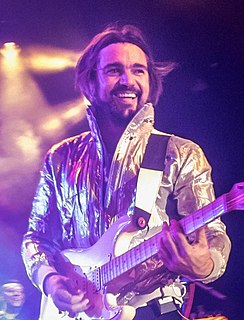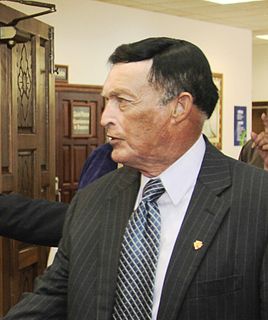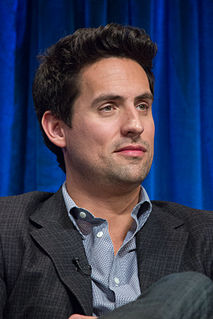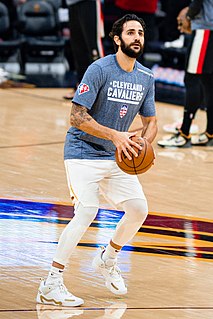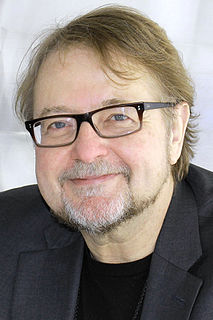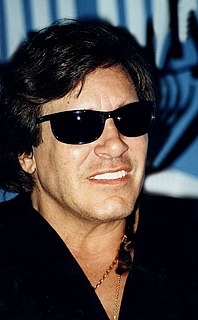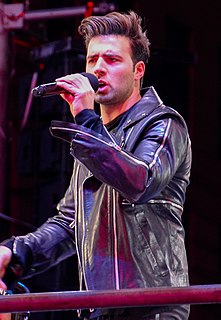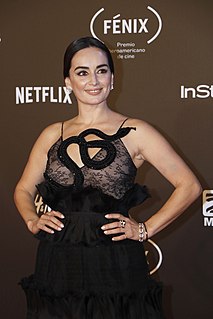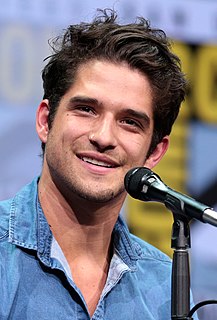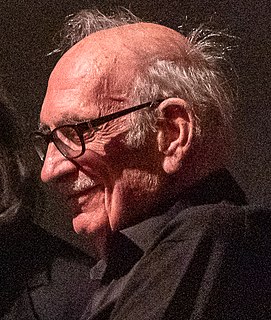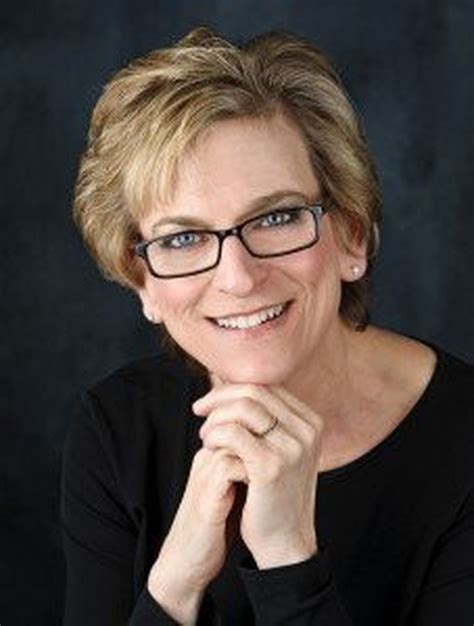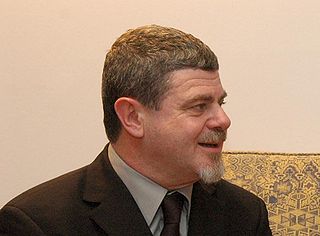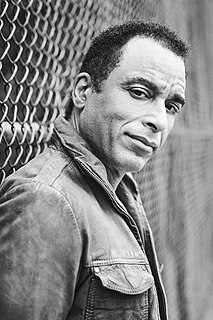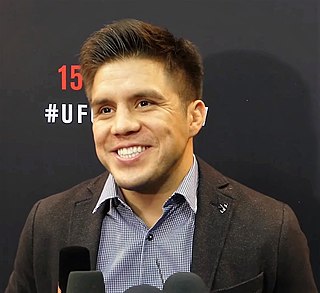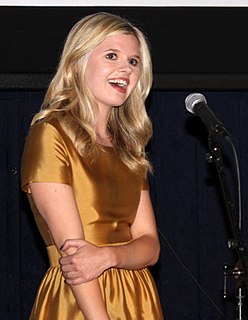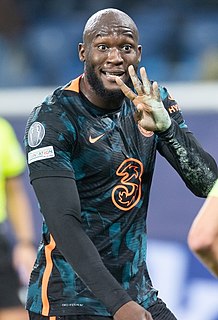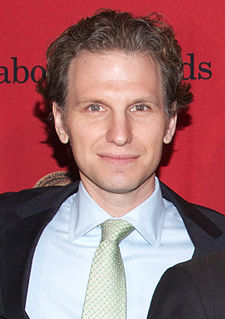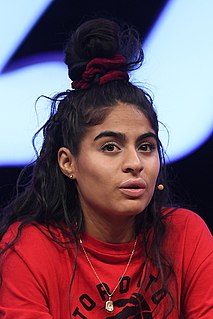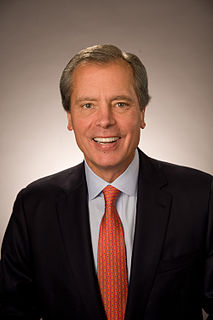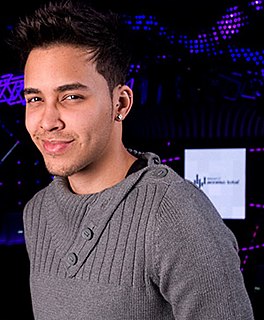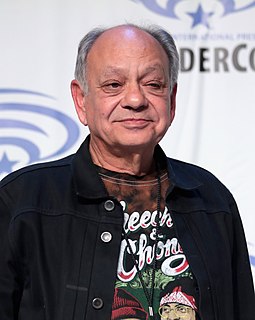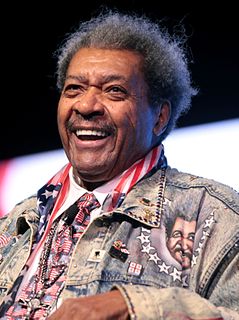Top 1200 Spanish And English Quotes & Sayings
Explore popular Spanish And English quotes.
Last updated on April 15, 2025.
You never know what little idea or joke, what flame flickering really quickly, will become a song. That first idea, it can come any time. If it's in Spanish, you go on in Spanish. If it's in French, French. If it's in English, English. Or Portuguese. I'll try to do my best. I like Italian, though I don't speak it much.
My Spanish is getting a little bit loose. Sometimes I go to Spain and after I've been talking with my folks for a while... you start changing the verb for the adjective, for example, which is a common thing between Spanish and English. I change that sometimes but after a couple days there, boom, I'm back.
We were doing the same thing. We will never have "a" Chicano English or Spanish because of regional differences. But I think that because of our bilingual history, we'll always be speaking a special kind of English and Spanish. What we do have to do is fight for the right to use those two languages in the way that it serves us. Nuevo-mexicanos have done it very well for hundreds of years, inventing words where they don't have them. I think the future of our language is where we claim our bilingualism for its utility.
I spent ten years in London; I trained there. But because I started in English, it kind of feels the most natural to me, to act in English, which is a strange thing. My language is Spanish; I grew up in Argentina. I speak to my family in Spanish, but if you were to ask me what language I connect with, it'd be English in some weird way.
One of the first things that my English teacher told when I began studying in New York was, "You're here because if you pick it up from the street, not everyone speaks good English." And it happens all the time, anywhere. If you pick up Spanish from the streets, you're not going to be able to speak it correctly.
People say that the brain is a muscle and that one of the best exercises for any brain is learning another language and to switch from one to another as much as you can. I've found out that when I have trouble regarding any character or any particular scene in English, sometimes I'll switch to Spanish and I'll solve the problem that I've encountered. If I'm working in Spanish and I don't know how to approach certain scenes or certain emotions, or how to say this and that, I just switch to English to try to solve it that way and it works.
Actually, my first group was a folkloric group, an Argentine folkloric group when I was 10. By the time I was 11 or 12 I started writing songs in English. And then after a while of writing these songs in English it came to me that there was no reason for me to sing in English because I lived in Argentina and also there was something important [about Spanish], so I started writing in Spanish.
You know, I was a kid who had difficulty speaking English when I first immigrated. But in my head, when I read a book, I spoke English perfectly. No one could correct my Spanish. And I think that I retreated to books as a way, you know, to be, like, masterful in a language that was really difficult for me for many years.
I think I can adapt quite easily from having a Spanish mother and an English dad and growing up in both places. I feel like I've got two lives - that Spanish life, which was so free, and then I lived in England and went to an all-girls, private school and had to fit in with that. That switching out and becoming someone else, I find it quite liberating, actually.
To be blunt, I feel like lyricism in Spanish is of a different quality than English. You can get really poetic in Spanish, but I feel like if you do that in English, you risk sounding cheesy. In Spanish, it's never that. It's always this deep, passionate, beautiful imagery; it's painted different, a different color.
When I go to Colombia or Mexico, I speak Spanish. When I go to Italy, I speak Italian. When I'm in Germany, I speak German. Would I expect them to speak English in these countries? No. I mean, great if they do, but no. Would I be offended if in Spain they say we speak Spanish? No. If I was an immigrant there, no.
I think it's good for anybody to learn languages. Americans are particularly limited in that way. Europeans less so... We're beginning to have Spanish move in on English in the states because of all the people coming from Hispanic countries... and we're beginning to learn some Spanish. And I think that's a good thing... Only having one language is very limiting... You get to think that's the way the human race is made; there's only one language worth speaking... Well, this isn't good for English.
Until I am free to write bilingually and to switch codes without having always to translate, while I still have to speak English or Spanish when I would rather speak Spanglish, and as long as I have to accommodate the English speakers rather than having them accommodate me, my tongue will be illegitimate. I will no longer be made to feel ashamed of existing. I will have my voice: Indian, Spanish, white. I will have my serpent's tongue - my woman's voice, my sexual voice, my poet's voice. I will overcome the tradition of silence.

